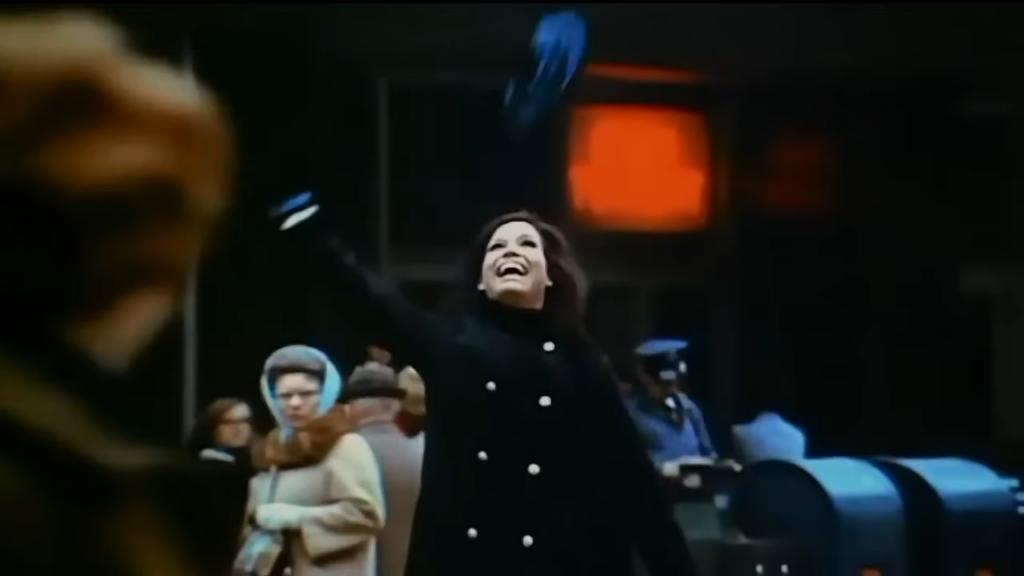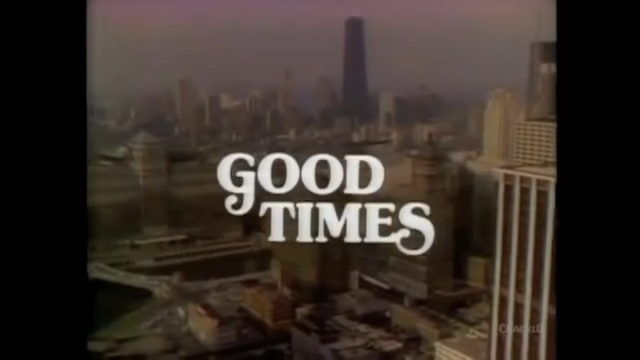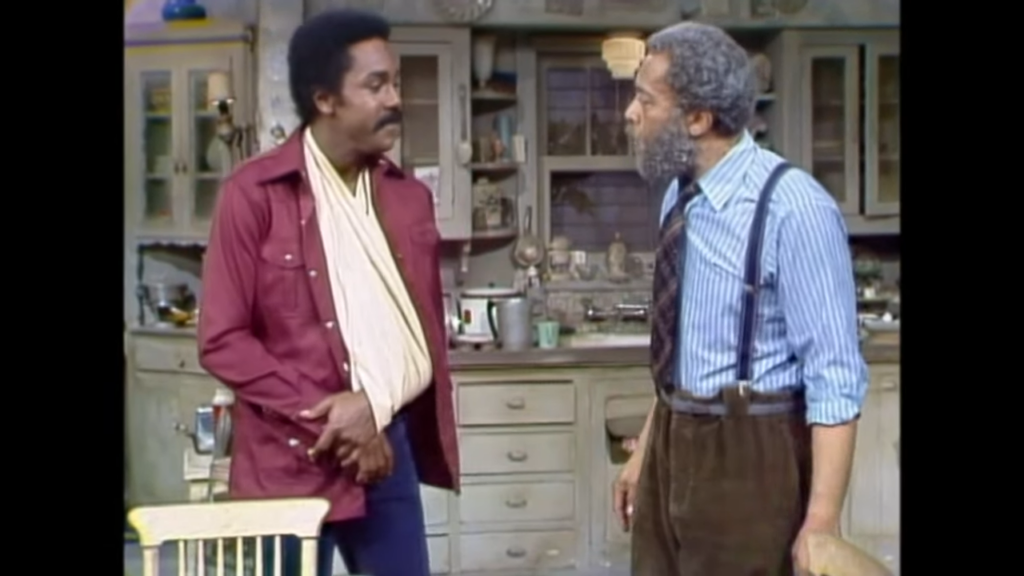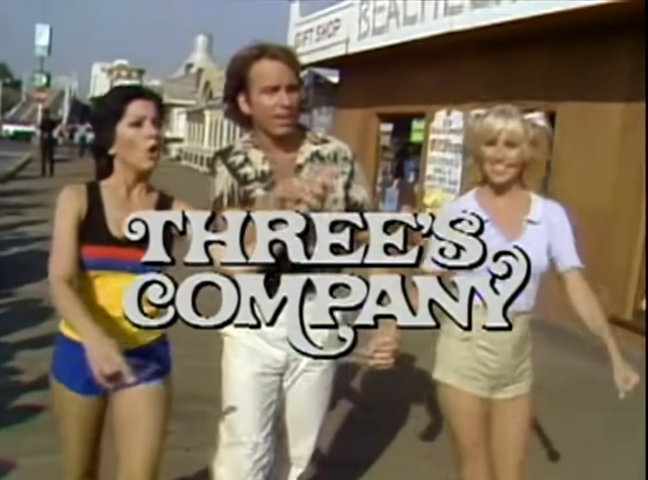The 1970s epitomized a golden age of television sitcoms, characterized by a fusion of humor, endearing characters, and iconic catchphrases that remain etched in cultural memory. Spanning from heartwarming family tales to zany workplace antics, the sitcom realm of the ’70s showcased a kaleidoscope of narratives and a wealth of talent. As we journey back in time, let’s celebrate the enduring legacy of the top 10 sitcoms of the era, each a timeless vessel of laughter and nostalgia that continues to resonate with audiences worldwide.
All In The Family (1971-1979)

Kicking off our list is the groundbreaking sitcom “All in the Family.” Created by Norman Lear, this series tackled controversial topics such as racism, sexism, and politics through the lens of the blue-collar Bunker family. Archie Bunker, played by Carroll O’Connor, became an iconic character whose blunt opinions and hilarious arguments with his liberal son-in-law, Meathead (Rob Reiner), entertained audiences for years.
Happy Days (1974-1984)

Set in the 1950s, “Happy Days” captured the essence of American nostalgia with its lovable characters and wholesome humor. The series followed the Cunningham family and their friends, including the iconic Arthur “The Fonz” Fonzarelli (Henry Winkler), as they navigated adolescence and adulthood in the fictional town of Milwaukee. With its catchy theme song and iconic catchphrases, “Happy Days” remains a beloved classic.
MASH (1972-1983)

Blending comedy with poignant drama, “MASH” offered a unique perspective on the Korean War through the eyes of the staff at the 4077th Mobile Army Surgical Hospital. Led by the irreverent but skilled Hawkeye Pierce (Alan Alda), the ensemble cast brought humor and humanity to the chaos of war. Known for its sharp wit and emotional depth, “MAS*H” became one of the most beloved and enduring sitcoms of all time.
The Mary Tyler Moore Show (1970-1977)

A trailblazer for women in television, “The Mary Tyler Moore Show” broke new ground with its portrayal of a single, independent career woman in her 30s. Mary Tyler Moore captivated viewers with her cleverness and strength, portraying Mary Richards as she tackled the challenges of a Minneapolis newsroom. With wit and resilience, Moore’s character endeared herself to audiences, navigating the highs and lows of her professional journey. The series received critical acclaim for its sharp writing and ensemble cast, paving the way for future female-led sitcoms.
The Jeffersons (1975-1985)

A spin-off of “All in the Family,” “The Jeffersons” followed the upwardly mobile African-American family as they moved from Queens to a luxurious Manhattan apartment. Led by the larger-than-life George Jefferson (Sherman Hemsley) and his no-nonsense wife Louise (Isabel Sanford), the series tackled issues of race and class with humor and heart. With its memorable theme song and unforgettable characters, “The Jeffersons” remains a classic sitcom of the 70s.
Good Times (1974-1979)

Set in a Chicago housing project, “Good Times” offered a realistic portrayal of African-American family life in the 1970s. The series centered around the Evans family, particularly the struggles and triumphs of parents James (John Amos) and Florida (Esther Rolle) as they raised their three children in a turbulent urban environment. “Good Times” was not only a source of laughter but also a platform for addressing significant social issues, elevating it to a distinguished status among its contemporaries in the sitcom landscape.
Sanford And Son (1972-1977)

“Sanford and Son,” a spinoff of the British sitcom “Steptoe and Son,” chronicled the escapades of junk dealer Fred G. Sanford (played by Redd Foxx) and his patient son Lamont (portrayed by Demond Wilson) in the vibrant backdrop of Los Angeles’ Watts neighborhood. Their comedic misadventures resonated with audiences nationwide. Known for its sharp humor and memorable one-liners, the series became a cultural phenomenon and solidified Foxx’s status as a comedic legend. With its portrayal of a working-class African-American family, “Sanford and Son” resonated with audiences across the country.
Three’s Company (1977-1984)

A sitcom that pushed the boundaries of comedy and censorship, “Three’s Company” centered around the comedic misunderstandings that arose when a single man, Jack Tripper (John Ritter), pretended to be gay in order to live with two female roommates, Janet (Joyce DeWitt) and Chrissy (Suzanne Somers). The series’ light-hearted approach to topics such as sexuality and relationships made it a hit with audiences, despite initial controversy from conservative groups.
Taxi (1978-1983)

Set in a New York City taxi depot, “Taxi” provided a glimpse into the lives of the eclectic group of cab drivers who worked there. From the philosophical Alex (Judd Hirsch) to the eccentric Reverend Jim (Christopher Lloyd), each character brought their own quirks and comedic sensibilities to the series. “Taxi” emerged as a triumph, seamlessly blending humor with poignant moments, earning acclaim from critics and viewers alike. Throughout its run, the series amassed a plethora of awards, solidifying its status as a cultural phenomenon and a beloved staple in television history.
The Bob Newhart Show (1972-1978)

Closing out our list is “The Bob Newhart Show,” which starred comedian Bob Newhart as psychologist Bob Hartley. Set in Chicago, the series followed Bob’s professional and personal life, including his interactions with his quirky patients and supportive wife Emily (Suzanne Pleshette). Renowned for its dry wit and Bob Newhart’s impeccable deadpan delivery, the series stands as a cherished cornerstone of 1970s sitcoms, captivating audiences with its timeless humor and unforgettable characters.



